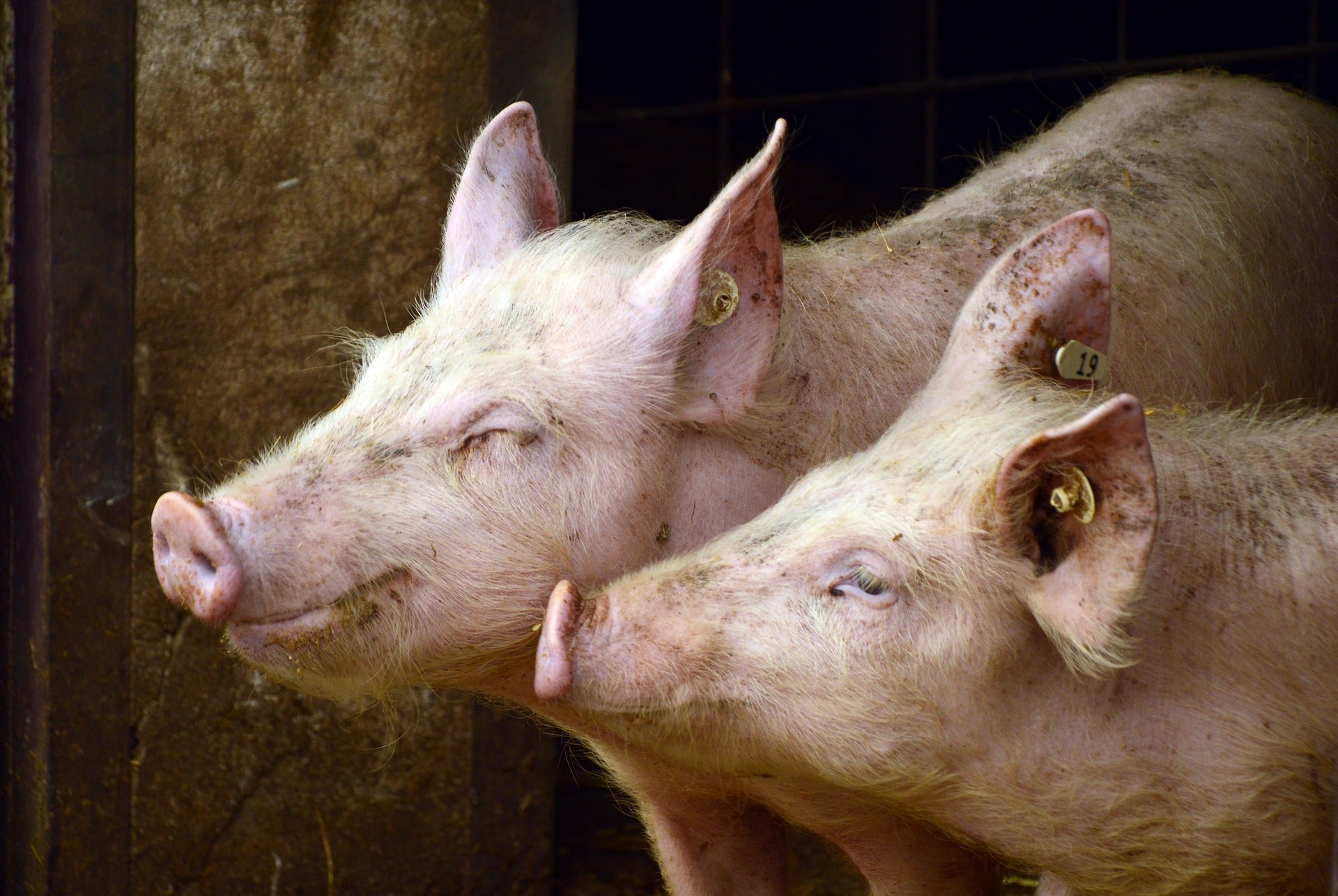
Danish Crown is cutting jobs at two slaughterhouses as higher input costs reduce the number of pigs for culling.
The war in Ukraine has pushed up prices for feed and energy to an “all-time high” and led to a “notable decline” in pigs for slaughter, Danish Crown said as it revealed 350 redundancies at abattoirs in Sæby and Ringsted.

Discover B2B Marketing That Performs
Combine business intelligence and editorial excellence to reach engaged professionals across 36 leading media platforms.
At Sæby, a town on the east coast of Denmark, 275 jobs will likely be culled, while 75 will go at Ringsted, a city 60km from the capital Copenhagen.
Despite the higher costs, farmers are not seeing a corresponding increase in the price for their pigs, Randers-headquartered Danish Crown said.
Per Laursen, head of production at the local supplier and exporter, added: “This is really an unfortunate situation. Since autumn 2020, and up until a few weeks ago, we almost constantly received more pigs than we could slaughter. Now, the situation is quite different, and we will probably be forced to say goodbye to 350 employees.”
Two years ago, Danish Crown was taking on more workers at Ringsted, and two other domestic slaughterhouses at Horsens and Blans, as an outbreak of African swine fever in Germany increased demand from importers seeking alternative supply sources.

US Tariffs are shifting - will you react or anticipate?
Don’t let policy changes catch you off guard. Stay proactive with real-time data and expert analysis.
By GlobalDataHowever, the business then had to cut jobs in Germany, at a de-boning facility in Boizenburg, as pork exports were shut-off as a result of the outbreak.
“Two years ago, Danish Crown saw a major increase in supplies on the back of the outbreak of African swine fever in Germany. This created a need for several hundred new employees at abattoirs all over Denmark. Now, however, the record-high costs of feed and energy have driven many farmers to scale down or even shut down production completely,” the company explained in a statement announcing the new layoffs.
Affected workers will be given priority to apply for other jobs at Danish Crown’s facilities and will be provided with a social plan for training and “education”.
“We intend to work actively to help the affected employees move on – in a joint effort with the Danish Food and Allied Workers’ Union (NNF) and the local job centres,” Laursen said. “We will also establish job banks, and our social plan has generally proved very successful in the past. Over the years, we have in fact succeeded in helping more than 90% of affected employees transition to new employment or training in the span of six months.”
In the UK last week, US meatpacking heavyweight Pilgrim’s Pride set out plans to close two plants, putting 675 jobs at risk.
Pilgrim’s UK said it is planning to close its Bury St Edmunds and Coalville sites, in eastern England and the east Midlands respectively. It also wants to shift production at its Ashton plant in north west England to a four-day week.
The company said the proposal is part of a “business recovery plan across its UK operations”, which has been implemented to deal with difficult market conditions in the pig sector.





